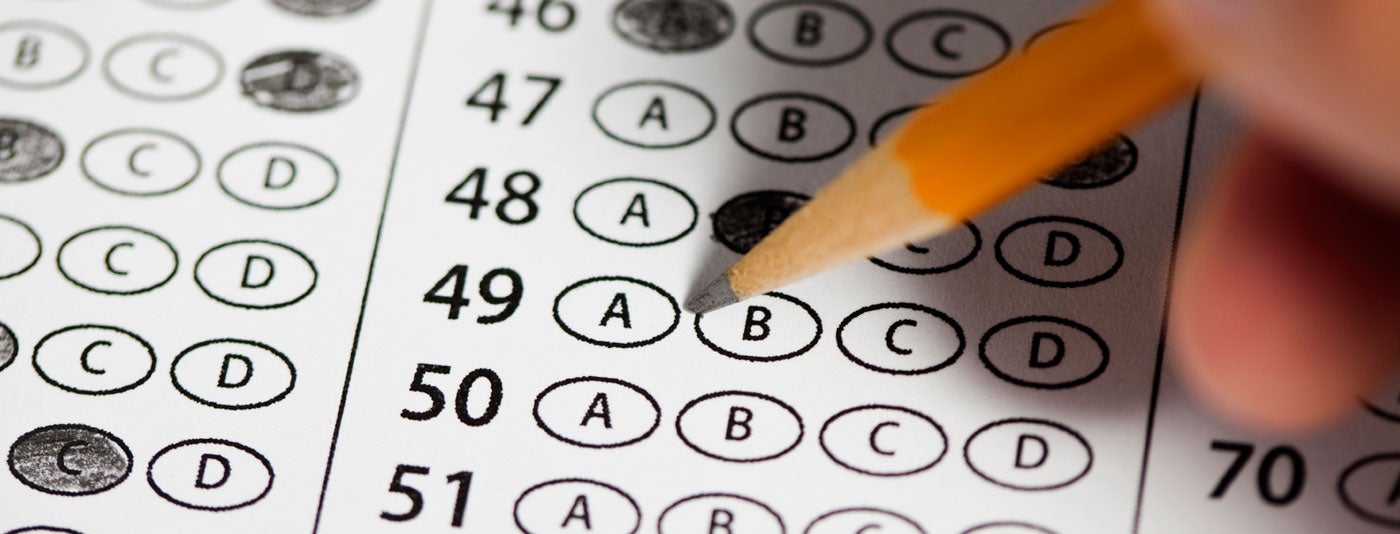Pulse of Information
Your source for the latest insights and updates.
Cramming Is So Last Season
Discover smarter study habits and say goodbye to last-minute cramming! Transform your learning and boost your grades effortlessly.
The Science Behind Effective Studying: Why Cramming Doesn’t Work
Effective studying is a process grounded in cognitive psychology, which emphasizes the importance of distributed practice over cramming. When students spread their study sessions over time, known as spaced repetition, they allow their brains to better absorb and retain information. This method leverages the brain's ability to strengthen neural connections, making it easier to recall information during exams. In contrast, cramming, characterized by a last-minute rush to learn vast amounts of material, often leads to superficial understanding, as the brain has little time to consolidate knowledge.
Moreover, cramming can induce significant stress, leading to cognitive overload that can impair memory retention. According to research, stress hormones can hinder the brain's ability to encode new information, making it even harder to remember what was studied. To maximize learning outcomes, students should implement effective study strategies, such as creating study schedules, practicing retrieval through testing, and engaging in regular review sessions. By committing to these techniques, learners can achieve long-term success in their academic pursuits rather than relying on the fleeting benefits of cramming.

Top 5 Study Techniques to Replace Cramming
Cramming is often seen as a necessary evil during exam periods, but it can lead to stress and poor retention of information. Instead, consider adopting more effective study techniques that promote long-term learning. Here are the top 5 study techniques to help you replace cramming:
- Spaced Repetition: This technique involves reviewing material over spaced intervals, which enhances memory retention.
- Active Recall: Testing yourself on the material, rather than passively reviewing notes, significantly boosts your grasp of the subject.
- Pomodoro Technique: Work in short, focused bursts of 25 minutes followed by a 5-minute break to maintain concentration.
- Chunking: Break down complex information into smaller, manageable pieces for easier understanding.
- Mind Mapping: Visualizing connections between concepts can enhance comprehension and recall.
Is Cramming Hurting Your Grades? Understanding Long-Term Retention
Cramming is a study technique that many students resort to in order to prepare for exams. This last-minute pressure can create a false sense of confidence, but research shows that it often leads to poor long-term retention of information. When students engage in cramming, they typically rely on short-term memory strategies, which can result in high levels of stress and anxiety. These factors not only impact performance during the exam but also hinder the ability to recall information later on. Instead of mastering the material, students may find themselves juggling a multitude of facts without truly understanding them.
To improve long-term retention, it is essential to adopt more effective study methods. Distributed practice, for example, involves spreading study sessions over time, which has been shown to enhance memory consolidation. Here are some key strategies that can lead to better long-term retention:
- Start studying well in advance of exams.
- Use active recall techniques, such as flashcards.
- Engage in spaced repetition to reinforce learning.
By incorporating these techniques into their study routine, students can replace the ineffective habit of cramming with more sustainable practices that foster deeper understanding and retention.